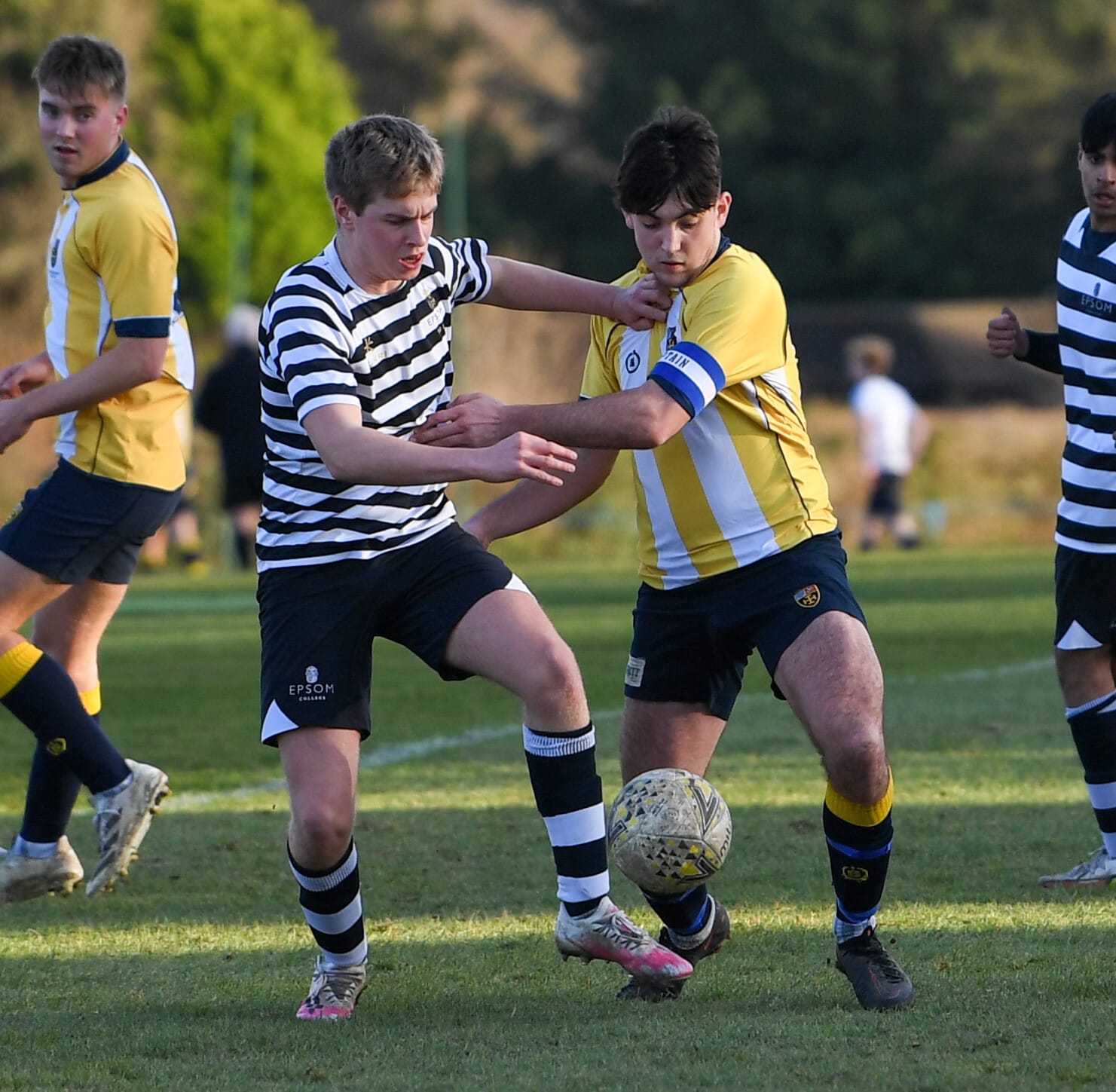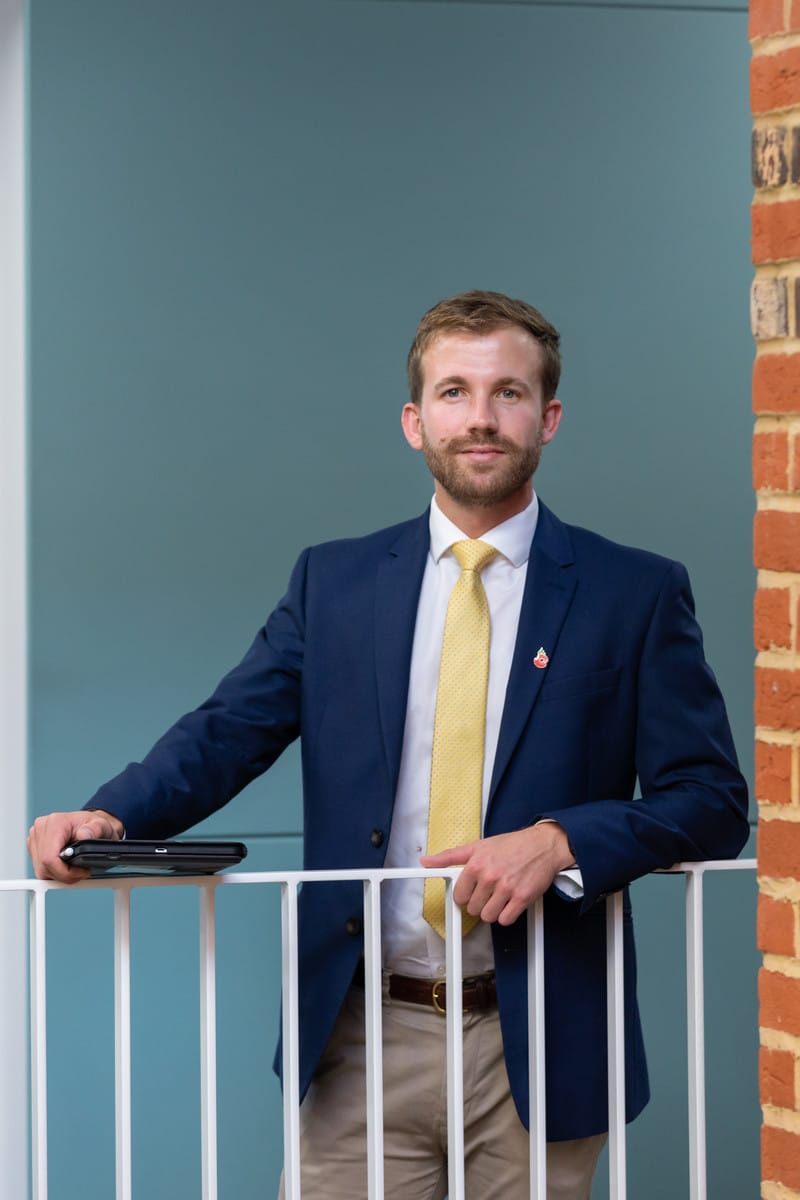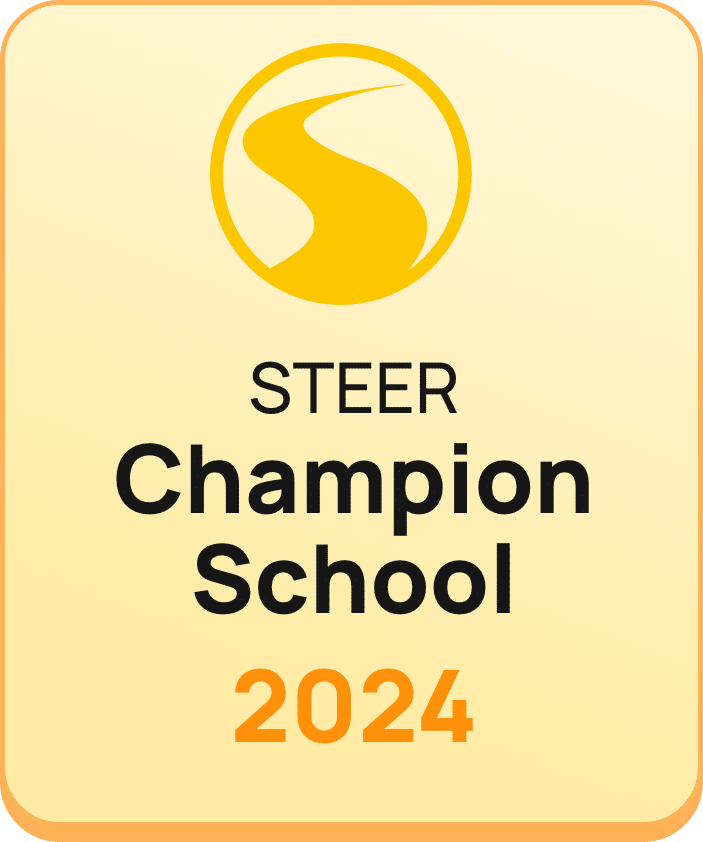This course is well suited to pupils who not only play sport to school level or above, but also have an interest in the wider aspects of sport and physical activity and may wish to pursue a career in the sport/leisure industry. We follow the Pearson BTEC Extended Certificate in Sport course (which is equivalent to one A Level). The course is examined primarily by on-going coursework style assessments with two external exams.
Component 1: Anatomy and Physiology (Unit 1) – External Exam.
The content of this component is very similar to the A level; the students explore how the skeletal, muscular, cardiovascular and respiratory systems function and the fundamentals of the energy systems. This component is assessed at the end of the Upper 6th year with a 1½ hour externally set examination.
Component 2: Fitness training and Programming for Health, Sport and Well-Being (Unit 2) – External Exam.
Students explore fitness training methods, lifestyle assessment (including nutrition), how to conduct a client screening and how to produce a fitness programme based on individual needs. Much of the work is practically orientated and case studies are included in the study of this component. The final assessment will be an externally set case study task which the students have protected time to prepare for and then complete the task in exam conditions at the end of the Upper 6th year. They are allowed to bring in four sides of A4 notes and the exam questions are the same every time. The challenge is being able to adapt their answers to the client (case study provided).
Component 3: Professional Development in the Sports Industry (Unit 3) – NEA.
In this component students will research the knowledge and skills that are required to access different pathways in the Sports Industry. They will take part in and reflect on a personal skills audit, career action plan and practical interview activities. The assessment for this component is an ongoing assignment which includes a report following an investigation into two contrasting career pathways, a career development action plan and participation in recruitment and selection activities. This assignment is internally set and marked.
Component 4: Practical Sports Performance (Unit 7) – NEA.
This component allows students to demonstrate practical skills in one team and one individual sport alongside gaining a full understanding of the different techniques involved, the tactics and the rules. The assessment is ongoing and will involve video analysis, self-analysis and justification of methods to improve performance.This assignment is internally set and marked and makes up 17% of the course.
As you can see the BTEC course contains more vocational elements and less scientific content than the A Level (although still quite a lot) and there are a wider variety of assessment methods. The BTEC course is studied alongside two A Levels and prepares students for Higher Education courses in a range of sport-related subjects, or to go directly into work in the sport/leisure industry. Students will sit their exams in January of their Upper Sixth year, allowing them to balance their remaining subjects in the summer term. Students have the option to retake their January exams in May, with the highest mark counting towards their final grade.














